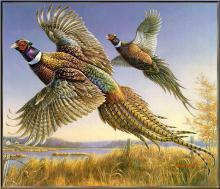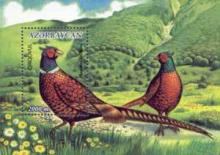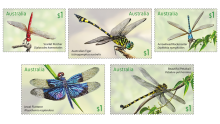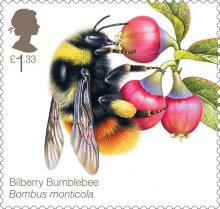Dave Goulson warns that we do not take action to address the fundamental issues that are causing an ecological catastrophe
An international science body tasked with tracking the ecological health of the planet has announced the findings of its first report. The review warns that the ongoing decline in the number of pollinating insects and animals threatens global crop production. The Intergovernmental Science-Policy Platform on Biodiversity and Ecosystem Services (IPBES) was established in 2012, and is roughly modelled on the Intergovernmental Panel on Climate Change (IPCC). The reponse to the pollinator report, announced on 26 February at a meeting in Kuala Lumpur, may be an early sign of whether the body's influence will one day match the IPCC's political and scientific clout. Robert Watson, an environmental scientist at the Tyndall Centre for Climate Change at the University of East Anglia in Norwich, UK, who is vice-chairman of the IPBES, says that he is confident that the assessment will have an impact. The IPBES has 124 member governments, and its pollinator assessment went through two rounds of external peer review. And just as with the IPCC’s climate reports, the assessment was debated word for word, Watson says. “The fact that all governments requested this document really bodes well that they will use the results,” he says. But Dave Goulson, a bee researcher at the University of Sussex in Brighton, UK, says: “I would question whether any practical on-the-ground action to help pollinators will happen as a result of this document. We are in the midst of the sixth global mass-extinction event, and we sit around spending thousands of hours writing documents about biodiversity, but we do not take action to address the fundamental issues that are causing this ecological catastrophe.”










